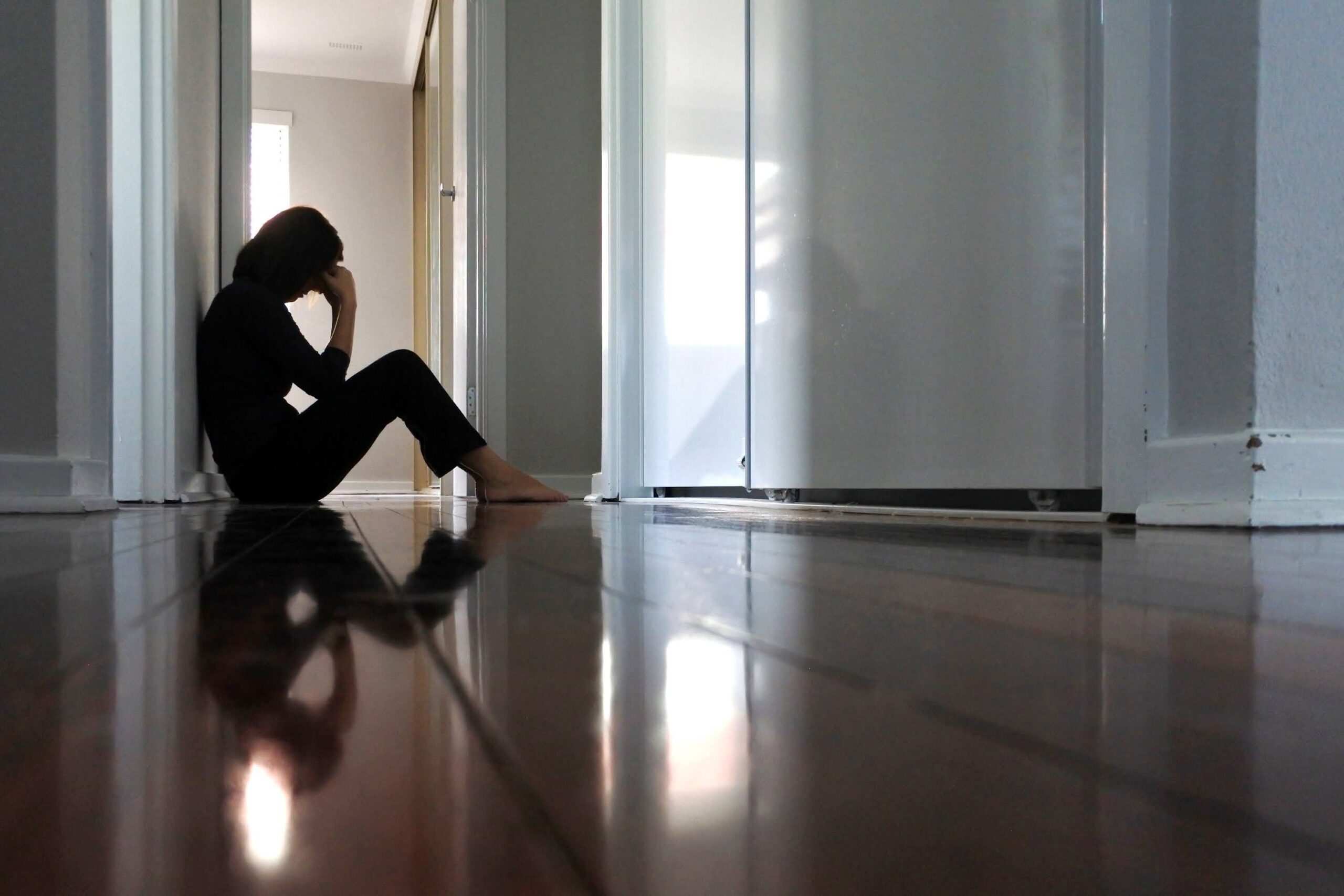Now Reading: “Convenient on the Surface, Lonely Inside”: A Japanese Worker Speaks Out About Hidden Pressures
-
01
“Convenient on the Surface, Lonely Inside”: A Japanese Worker Speaks Out About Hidden Pressures
“Convenient on the Surface, Lonely Inside”: A Japanese Worker Speaks Out About Hidden Pressures

A video shared by an anonymous Japanese employee has sparked a wave of reflection online. Despite praising Japan’s efficient infrastructure and safety, he described a deep loneliness beneath it all—highlighting how the nation’s polished facade often hides unspoken emotional strain. The post has resonated with viewers globally and here in India, where the balance between success and well-being is increasingly under scrutiny.
The Video’s Honest Confession
In the video, the employee praises everything from punctual trains to spotless streets. Yet, he also admits a persistent feeling of isolation. The post’s caption—”Life in Japan: clean on the outside, quiet pain inside”—captures the tension between external order and internal emotional silence.
Why It Resonates With Audiences
Viewers across platforms shared empathetic responses. Many remarked that modern life—especially in structured societies—can feel hollow despite its visible comforts. One commenter noted that Japan seemed peaceful yet oddly distant during a visit, while others reflected on how such emotional restraint might exist under any pristine surface.
What It Means in an Indian Context
This sentiment isn’t limited to Tokyo. In Tier 2 and 3 Indian cities too, progress and infrastructure improvements are celebrated. But as urban life grows orderly and efficient, emotional disconnection may quietly follow. The video prompts us to think: do our cities mirror not just development—but also emotional well-being?
Conclusion
The video’s message is quietly powerful: convenience is more than roads and trains—it’s the invisible support systems that make life feel meaningful. As India builds smarter cities, this should be a reminder that emotional connection matters just as much. Because real progress thrives not only in visible comfort, but also in collective care and empathy.

























